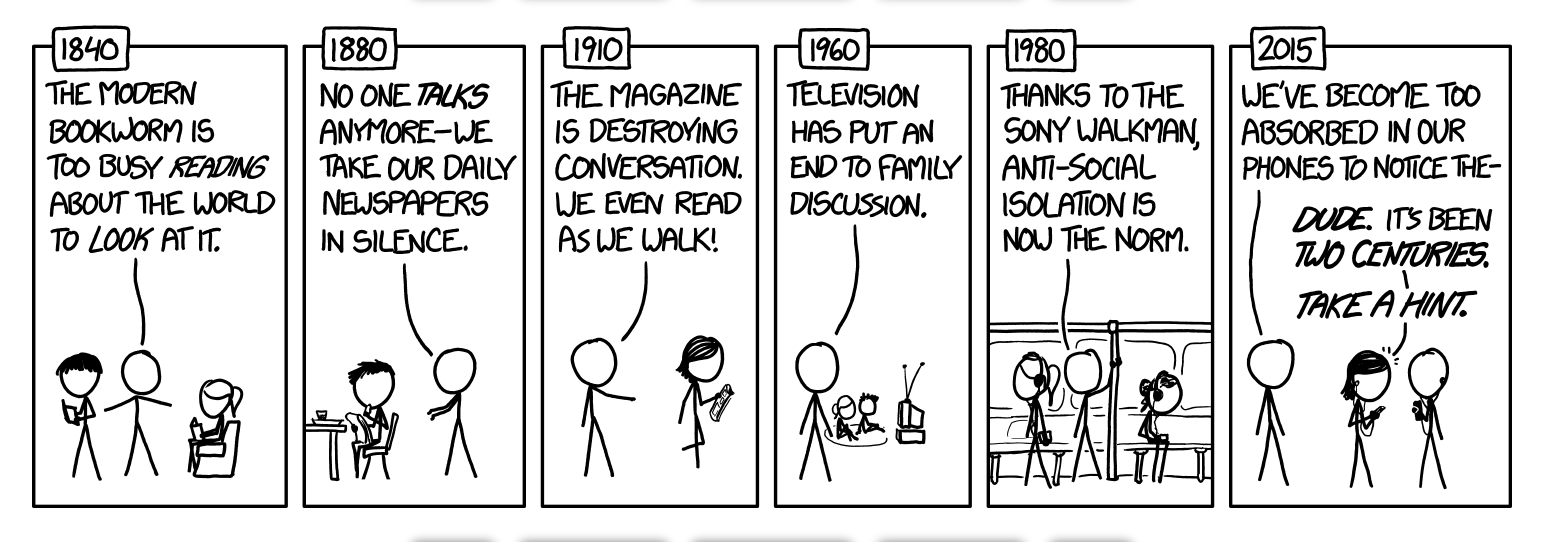The current pandemic situation has forced us all into accepting technology to get through our daily lives – be it for our daily work needs or for homeschooling our kids or just to keep them engaged. In the midst of a never-ending pandemic, parents are left with no options but to turn to screentime as a last resort to help them not lose jobs or sanity, and to help the kids not feel lonely. What parents need during this very difficult time is advice on how to manage screentime with their children and not further shaming about how they are letting their children slide into an all-consuming digital life.
First, what if, we changed our perspective and looked at technology more as a driver or enabler. On behalf of working parents everywhere, how can we turn the guilt we feel right now into relief that technology is right now helping us keep our jobs and pay the bills? Even before the pandemic, we have all been parent-shamed into thinking that we are ruining our children’s lives by using digital devices. Right now, we need to really and especially stop shaming other parents and make them feel bad because everyone’s situation is different. Let’s stop the domino effect of propagating shame.
Second, I want all of us to take a hard look at redefining the term screentime. We have been used to calling all interactions that our children have with digital devices as screentime but not all screentime is created equal. My sons play online games with my parents, who live in India, and during a time when a global pandemic is restricting travel I couldn’t think of a better way for them to stay connected. If that accounts for screentime, should my kids be not allowed to watch their favorite show after that to keep screentime to an hour? If Friday night movie time is one of the ways that our quarantined family of four can laugh together or I can get my kids to open up about their week’s struggles, how can that be bad? Online Minecraft is a way for my kids to interact with other kids his age. It’s not ideal but it’s their lifeline to the outside world right now.
I want us to also think about mentoring the use of technology rather than monitoring, and pay attention to how we use technology rather than the amount of time we spend. We need to start extending the experiences that children are having online into teachable moments.
For example, asking children over dinner about –
- Hey, what video game were you playing?
- Do you play alone? Who do you play with? Do you know them?
- What character are you in the game? Oh why that character? Tell me more.
- Hey, that sounds pretty interesting, I would love to play sometime with you. Can you show me this Sunday?
My point is trust and get to know the content that kids are getting involved with. Watch their reaction to certain games closely, give them ways to handle disappointment from losing an online game. You would do that if they lost a football game. This shouldn’t be any different. I am not encouraging you to take away all the boundaries and guards for technology use, but I am asking you to not make the rules simply based on time.
Third, research does show an increase in anxiety and depression among young adults during the pandemic. At the same time there is rise in screentime hours. A good friend of mine pointed out that different children, depending on their social and emotional struggles will have different experiences with screentime and I agree a hundred percent. Technology overuse ranked as the No. 1 fear parents of teenagers in a national survey by the Deseret News and the Center for the Study of Elections and Democracy at Brigham Young University in 2018. This was a problem before the pandemic and will continue to remain so unless we change our perspective of tackling it.
The world that our kids are growing up in, abounds in iPhones, laptops and digital assistants. It is not just about limiting them at home—from online story writing platforms in the classroom to after school online coding classes, our children’s lives are surrounded by technology. Developing and maintaining healthy tech habits is crucial for a child to grow with proper social-emotional skills. But it is not something that happens in a few hours, days or weeks. Managing the time spent with technology is not a function of the time spent, it is a lifestyle change. Shaming technology use must be replaced by consistent conversation on good habits, goal-setting and defining how we behave online. We must work with our kids in defining these goals, giving them the agency that can make them responsible for their future behavior.
I will leave the following illustration here. We have been at this tech-shaming for a while. We need to stop. We should rather take a more constructive look at integrating it meaningfully in our lives.



